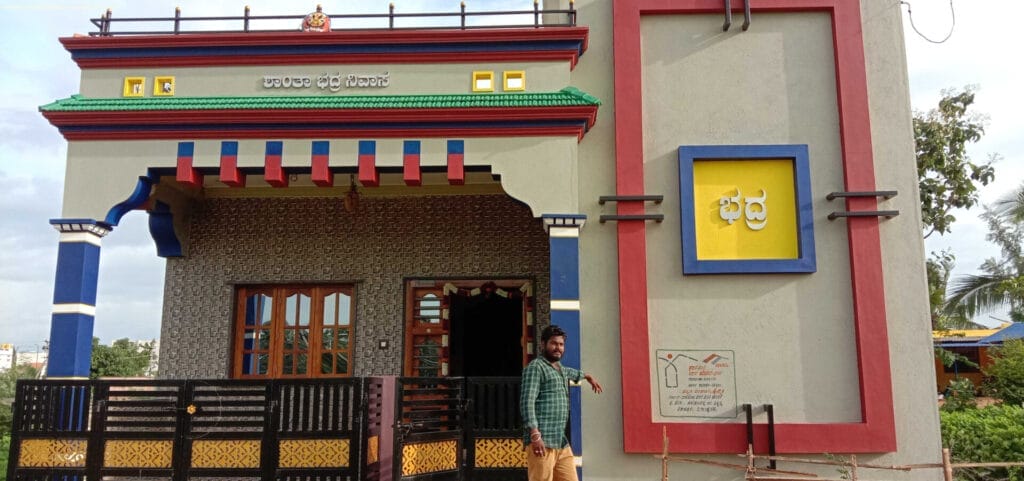Battling Delhi’s water crisis amid heatwave
The Delhi High Court on June 12 directed Haryana to reply to a contempt plea over its non-compliance of the court’s earlier order regarding water supply to Delhi. But the Haryana government on June 12 had told the Supreme Court that no excess water was released by Himachal Pradesh to send to Delhi.
Meanwhile, the Aam Aadmi Party (AAP) government on June 11 formed “quick response teams” to manage main water distribution networks and prevent leakages, according to Water and Revenue Minister Atishi.
Additional district magistrates (ADMs) and sub-divisional magistrates (SDMs) were deployed to monitor the main water distribution network, preventing leakages and repairing them within 12 hours.
Atishi said that the Delhi Jal Board (DJB) has defied the government’s instruction to increase the number of water tankers. Instead, the DJB has stopped the tanker water mafia, which can save a maximum of 0.5 MGD (million gallons per day) of water, she said.
Delhi continues to reel under heatwave, with the temperature touching 44 to 45 degrees. In several cities, reduced river flows and falling water tables have increased the harsh summer heat due to climate change and drying waterbodies.
Source: Indian Express, indiatoday.com
Read more: Delhi heat impact: Heat wave hits earnings, health of autorickshaw drivers
NEET exam again for 1,563
On June 23, more than 1,563 applicants from six centres — two in Chhattisgarh (one each in Balod and Dantewada), one each in Meghalaya, Surat, Haryana’s Bahadurgarh and Chandigarh – will answer the NEET exam once again.
The reconduct of the exam was decided by a committee formed by the National Testing Agency (NTA) and the Union Education Ministry to review the normalisation policy adopted for over 1,563 candidates. The special committee will look into similar complaints raised by students till June 4.
The decision to grant grace marks to 1,563 National Eligibility cum Entrance Test, Undergraduate (NEET UG) 2024 candidates for admission to MBBS, BDS, and other courses has been rescinded. On June 13, the Supreme Court heard petitions to cancel the exam, challenging the grace marks for over 1,500 students due to loss of exam time. There had been an uproar over the number of candidates excelling in the entrance test, with 67 getting the perfect score of 720/720.
Source: Indian Express, livemint.com
Property prices shoot in Tier-2 cities
Due to economic growth, infrastructure development and reverse migration, property prices in Tier-2 cities have shot up by 10-15%, according to Housing.com. Many important locations in Goa, Chandigarh and Kochi are almost comparable to major markets in Delhi and Mumbai. Due to higher rental yields, these cities lure homebuyers to high-rise apartments that have luxury amenities.
These cities are emerging as new growth powerhouses. Tier-2 cities show very high-yielding rental markets that might touch 8%, in contrast to 2-3% in major metros.
Source: Economic Times, Housing.com
PMAY’s 10 million urban houses in next 5 years
About 10 million houses will be built in urban areas under the Pradhan Mantri Awas Yojna (PMAY) over the next five years, said the government, in its first cabinet meeting on June 10th. The urban component of this budgetary flagship scheme will be executed by the Union Ministry of Housing and Urban Affairs (MoHUA).
Former Haryana chief minister Manohar Lal Khattar, who will be in charge of housing and urban affairs, said that effective state-level reviews will be taken up regularly to ensure the timely completion of housing projects. He said that Swacch Bharat and AMRUT missions will also continue.

The plan’s core issues include affordable housing and basic services like water and sanitation, climate resilience and adaptability, sustainable transport, municipal finance reforms and urban livelihood. Only 5,648 housing units are available today, since the scheme was launched four years ago. Especially for slums, there is a need for a new approach to make upgrades and bring in the aspect of land titling within the PMAY. It’s important to ensure that the houses do not become vulnerable to flooding, heat and other disasters.
Sources said that a middle class housing scheme for the poor may also come up for a cabinet nod. The government has chalked out plans for the first hundred days. Some positive announcements for the housing finance sector are expected in the upcoming Budget in July.
Source: Hindustan Times, cnbctv18.com
Education ministry mandates free pads at Board exam centres
The Union Ministry of Education has sent an advisory to all schools, the Central Board of Secondary Education (CBSE), Kendriya Vidyalaya Sangathan and Navodaya Vidyalaya Samiti that free sanitary pads must be readily available at all Class 10 and Class 12 Board examination centres. Female students must also be permitted to take necessary restroom breaks during exams, whenever they need to address menstrual needs.
The growing awareness of menstrual needs and hygiene has spurred several private initiatives too. In one such example, Swati Bedekar has successfully installed sanitary vending machines at 50 government schools in Chitrakoot, Mirzapur, Agra, Noida and 100 in Ghazipur. She is also collaborating with the Ayodhya mayor to cover 50 more schools.
With her husband, Shyam, Swati runs ‘Sakhi’, an NGO, that dispenses organic napkins made of biodegradable raw materials – absorbent sheet made of banana stem fibre for women. Shyam, a textile engineer, designed the ‘Ashudhinashak’, an easy-to-use incinerator made of clay that can burn several used napkins with electricity.
The Bedekars have established similar units in Gujarat, Maharashtra, Odisha, Kashmir, Chhattisgarh, Rajasthan and West Bengal.
Source: The Times of India, The Print